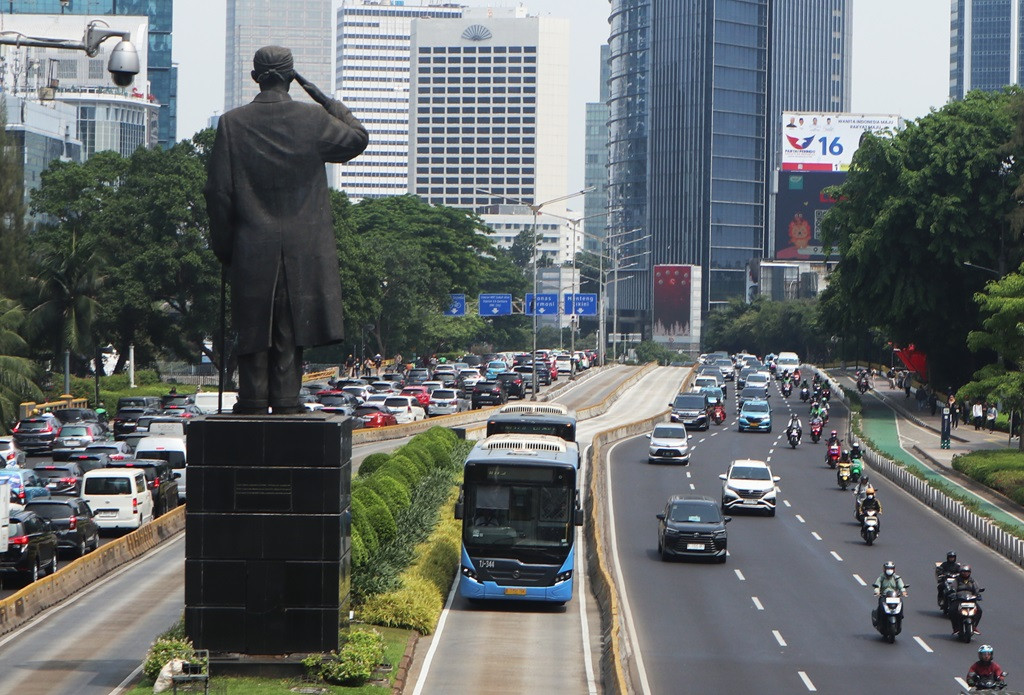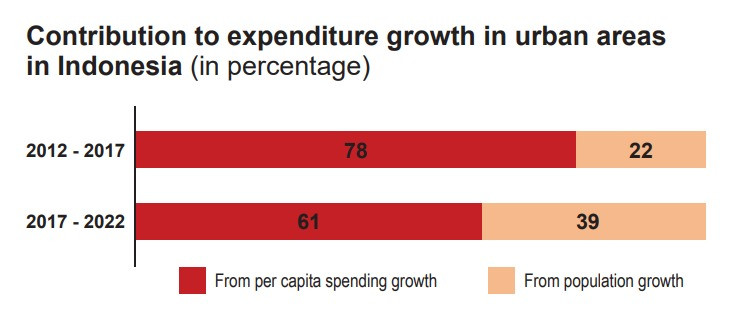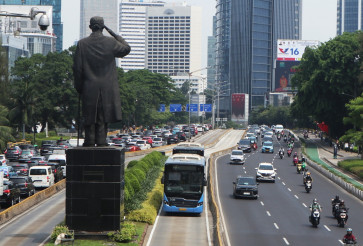Popular Reads
Top Results
Can't find what you're looking for?
View all search resultsPopular Reads
Top Results
Can't find what you're looking for?
View all search resultsDemographic shifts and their implications for our economy
This demographic shift will change our economy. What happens in China and in the West will have implications on our economy. This is the trend that we should anticipate.
Change text size
Gift Premium Articles
to Anyone
A
few days ago, China reported that its population dropped for the second year in a row as deaths increased and births fell. China’s population fell to 1.4 billion in 2023, as 11 million deaths outstripped 9 million births. Many demographers forecast further falls as the population rapidly ages. China’s population drop in the last two years marks a historic global shift.
Demographic shifts, such as declining populations caused by birth rates that are lower than replacement rates, have been taking place in many countries, particularly in the West. China’s implementation of the one-child policy in 1980 has been considered the most significant contributor to the country’s rapid population decline. In other countries, rising longevity, transformation of the economic, social and political roles of women, urbanization and high costs of parenthood are some factors behind population decline.
Accelerated aging and falling fertility rates present many challenges. Economic growth at the very least is driven by the population growth. During the past five decades, we have witnessed that the growth of cities worldwide has been the source of global output. This is partly driven by growing cohorts of youth and working-age populations, which are the backbone of rapid urbanization. Countries with younger populations tend to have vibrant and dynamic economies. Now, cities in major developed countries have fewer young adults.
This demographic shift will change our economy. What happens in China and in the West will have implications on our economy. This is the trend that we should anticipate.
In contrast with the trend experienced by developed nations and China, the number of young adults in Indonesia is growing, contributing to economic dynamism. Over the past decade, prosperity in Indonesia’s urban areas has been supported by rising per capita expenditure. Between 2012 and 2017, around 78 percent of expenditure growth in urban areas in Indonesia was due to per capita expenditure growth. From 2017 to 2022, the contribution declined to 61 percent. Instead, population growth is now contributing more, increasing from 22 percent from 2012-2017 to 39 percent from 2017-2022. This increase shows that cities in Indonesia have entered the rapid urbanization phase.
Population growth in the eastern part of Indonesia has been very visible. In regions such as Sulawesi, Bali and Nusa Tenggara, population growth contributes more than half to consumption growth and is increasing significantly. From 2017 to 2022, the contribution to population growth in cities in Sulawesi increased from 23 percent to 64 percent, while Bali and Nusa Tenggara experienced an increase in population growth contribution from 24 percent to 60 percent. The contribution of population growth to expenditure growth in Kalimantan increased from 30 percent to 49 percent.




















